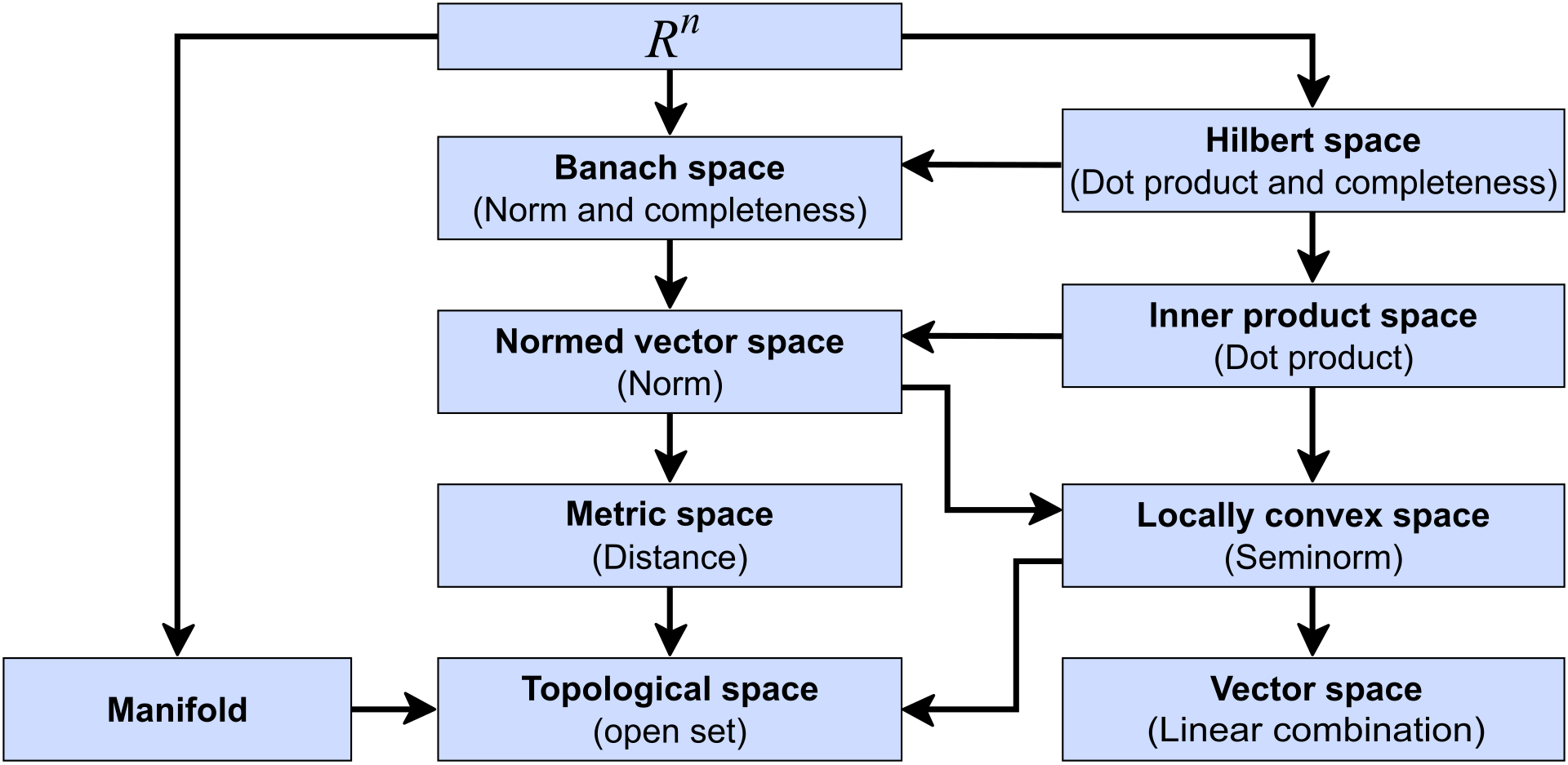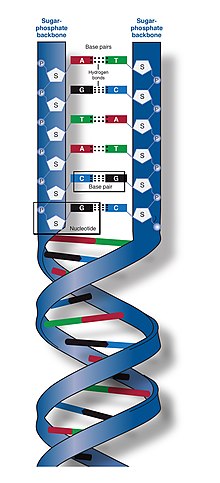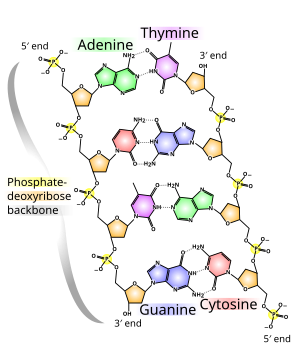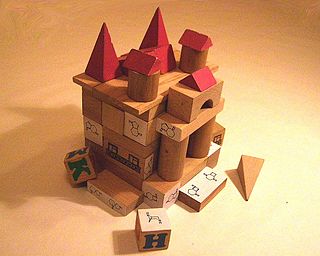Halc
Registered Senior Member
You see a distinction between the idea of an apple and an apple, the reference vs. the referent, map vs territory. You seem to accept this for most things, but then decide to treat mathematics differently by equating idea and the thing itself, equating reference to referent. This seems inconsistent to me. The distinction is clear to some of us, and the MUH presumes such a distinction, so I don't think it a valid criticism to be incapable of it.I say that, in our universe, there is an obvious and clear distinction between ideas and physical things, and that mathematics is firmly in the realm of ideas rather than physical things.
What are physical things made of, anyway, in your opinion? What, say, composes an electron? They've never found any actual matter consuming actual volume no matter how close they look. The closer they look, the less it looks physical. That was one of the points Tegmark was trying to make in one of his replies to a suggestion that physical things are made of mathematics. I don't think Tegmark ever said physical things are made of mathematics. He said something else, that the universe is a (one) mathematical structure.
BIV (the VR hypothesis) does not posit that there is a human brain. It just says mind. Sure, it is fed artificial input to make it believe it is human with a pink brain that sits in its head, but there's absolutely no evidence of that given the BIV scenario.In the brain in a vat scenario, you have a computer and a human brain in universe B
I don't think you get it, because in post 98 (quoted just above), you assert that mathematics can only be an idea, denying that the idea is a mere referent to the actual mathematics, which is objective, independent of both mind and of this particular universe.I get it. It was, in fact, precisely the point I was trying to make post #79. Perhaps I didn't express myself clearly enough. I have tried again in post #98, above.
Being real is a relation to me. It has nothing to do with perception, but rather to do with cause and effect. Hence only the observable universe being real to me since anything outside that has no more causal effect on me than say some 5-dimensional universe with confused unicorns.How could you not believe that the universe is real?
And no, I never support a simulation hypothesis, which seem a category mistake. It would be a simulation OF something, which doesn't change what the thing being simulated is. For the record, our universe cannot be classically simulated (here's a state, and now we compute the next state some short moment later). That just doesn't work with our physics.
It's been measured by you, so yes. You can't un-measure something.So, while I sit here in Australia, is the Eiffel tower real?
You are actually. It has nothing to do with conscious measurement or 'looking at'. Stuff in Paris has a continuous effect on all particles in the planet, if nothing else, by its mass curving spacetime. It's why I used the water as the thing measuring the duck, something that doesn't do a conscious measurement.I'm not currently measuring it.
It cannot cease to be. It can fall down, and be recycled into new stuff. Any of that would have an effect on you in Australia in probably under a second. To stop measuring it, you'd have to put it in a Schrodinger's box, something from which zero information can escape. Even then, the tower would exist, but its exact state (up, fallen say) might be in superposition. The largest object they've ever managed to isolate like that was barely visible to the naked eye, and even then, they only managed to keep it unmeasured for under a microsecond. Long enough to demonstrate the superposition state though.Are you confident that something else is measuring it, to keep it real? What gives you that confidence?
Never about that. I'm not an idealist. A rock does not perceive, but it very much is affected by its environment and thus it measures.I'm a little worried that your definition leads to the idea that reality is merely a matter of perception.
You and I measure each other, and thus cannot have a significantly different list of what is real. If you and I were separated by a trillion light years, then yes, we'd have a completely different list, and neither of us would be real to the other. Again, this would be unrelated to us being conscious things. All this seems somewhat irrelevant to MUH. It's just how I define 'is real' since I find the usual (property) definition somewhat useless. Does a unicorn have a horn? How would you answer that? How might an idealist answer it? I would simply say yes.It threatens to lead us down a slippery slope towards things being "real for me" and "not real for you", simultaneously, which I think is highly metaphysically problematic.
He doesn't talk about the duck of course, but the universe in question has a worldline of you in it, and a worldline of the duck, and these two interact. There is no 'present moment' in such a universe, so a universe that contains your worldline also has the duck worldline, else they could never have interacted. But you speak of after your death, like the universe somehow doesn't contain your worldline in that case, but it does. Only under presentism are you actually no longer part of the universe after your death, and MUH is not a presentist interpretation.I don't think he says there can't be a duck without me.
Maybe he says that. I read the book, a library copy. Don't have it. I don't know if he actually says a particular thing (duck) is mathematics, rather than being simply part of a mathematical structure. If the criticism revolves around that particular wording, I'd have to see the context because I would not have said that the duck is somehow some kind of separate mathematics on its own. Physics for one defines no concept of identity. The grouping of atoms into an 'object' upon which the label 'duck' is applied is strictly a conscious construct. The duck does not operate independently of the mathematics of the universe. Saying it is separate seems wrong.He says that a duck is mathematics, and I am a separate bit of mathematics, and we both exist in a universe that is entirely mathematics.
Our universe contains both, so without both, it would be a different mathematical structure, a different universe. This is similar to noting that there are other worlds (MWI worlds) that contain neither you nor the duck in question, but contain other people and ducks. There are also worlds where Earth has no life at all. But all those worlds are still part of our particular mathematical structure, and that structure contains you and the duck, in many but not most worlds. And yes, Tegmark is a big MWI fan. I am not due to my issues with realism.But I don't think he would consider either myself or the duck to be a necessary part of that universe.












